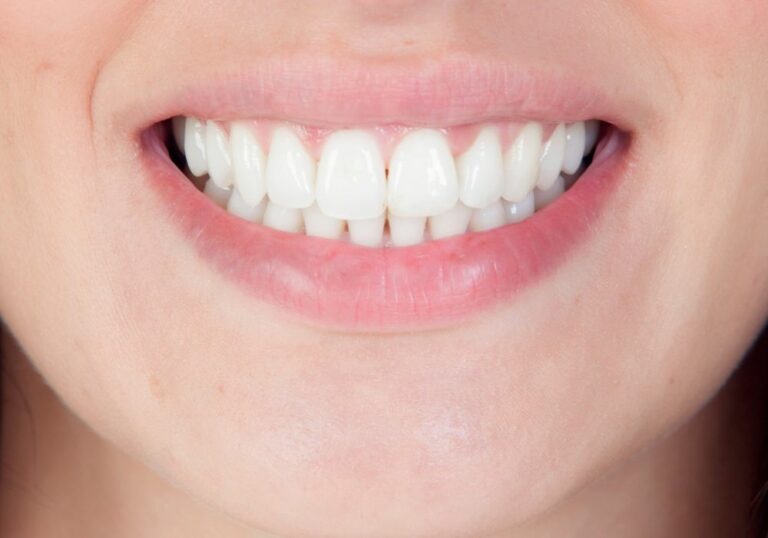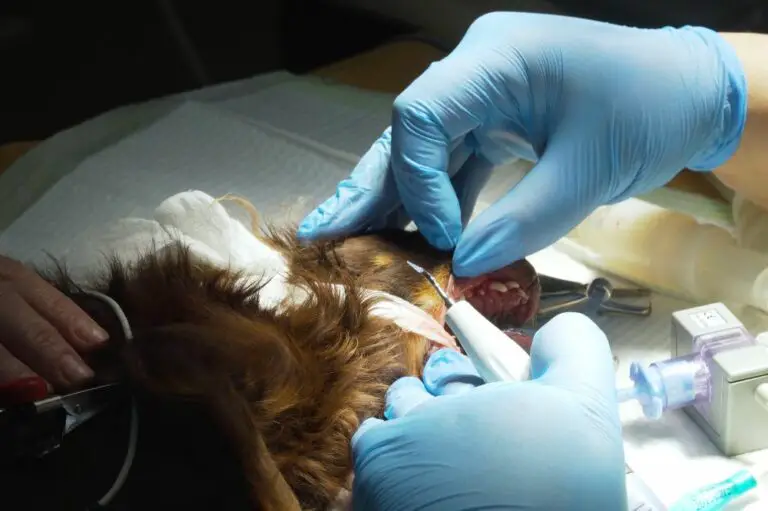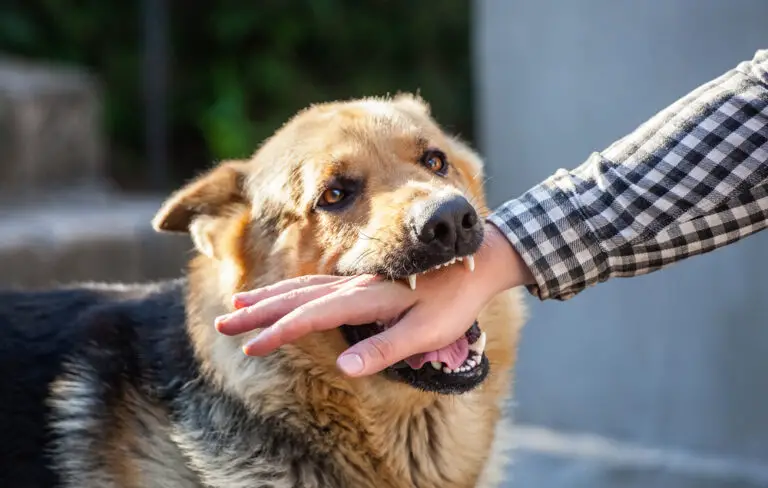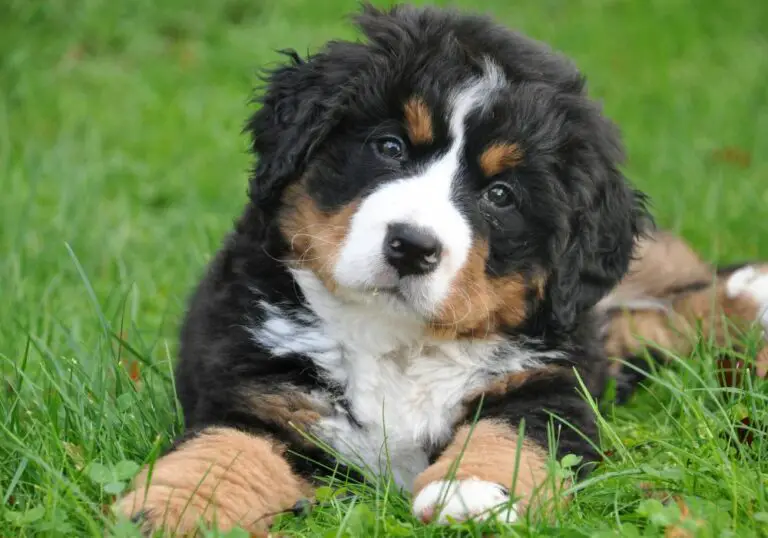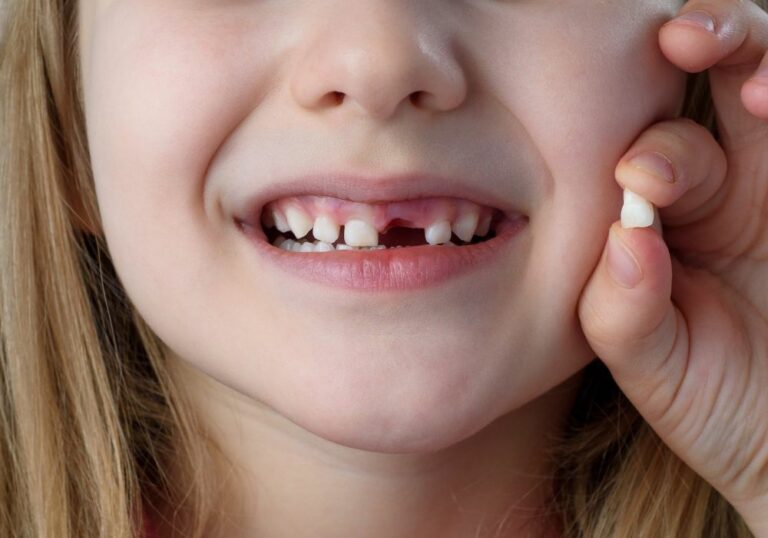A Common Canine Behavior
Teeth chomping and jaw snapping are common behaviors seen in many dogs, especially males. The technical term for this is “fly biting” or “fly snapping.” It refers to when a dog appears to randomly snap their jaws together repeatedly while not actually biting anything. The chomping action may produce a loud clicking or chattering sound.
This teeth chomping/jaw snapping behavior is most often seen in male dogs that have not been neutered. However, some spayed female dogs may also snap their jaws, just with less frequency compared to males. Small, medium, and large breed dogs can all exhibit fly biting behavior.
While chewing motions come naturally to all dogs as a way to exercise their jaw muscles and keep teeth clean, the repetitive empty jaw snapping of fly biting serves a more purposeful role for the males. Understanding the underlying reasons is the first step in determining if this quirky behavior warrants any intervention.
Key Reasons Male Dogs Snap Their Jaws
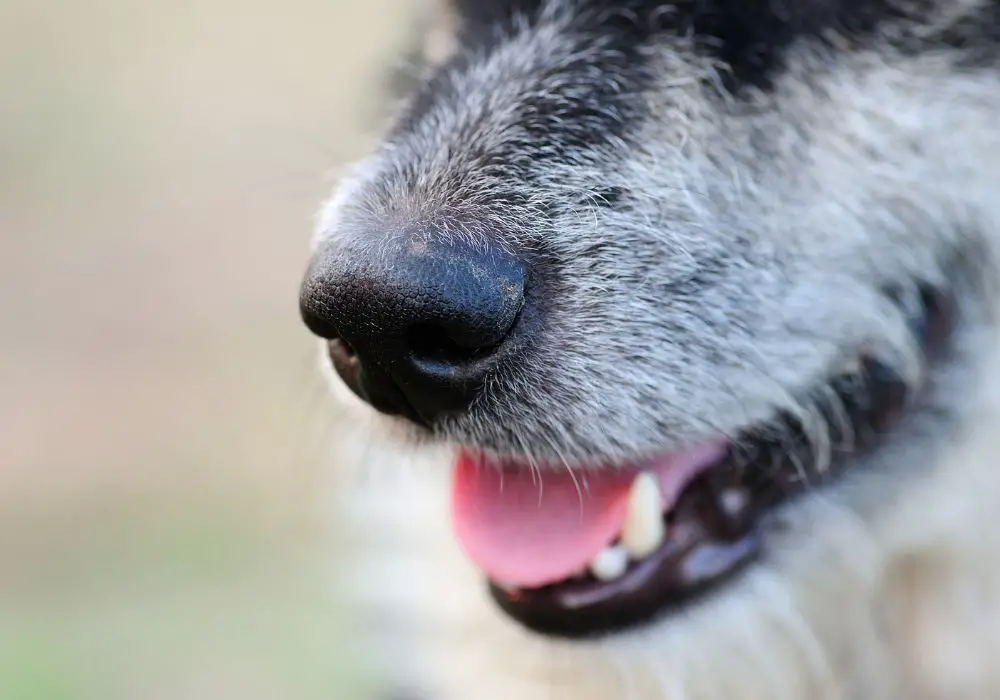
Displaying Dominance
One of the top theories as to why male dogs snap their jaws is to display dominance. Dogs are instinctually programmed to arrange themselves into social hierarchies and compete for higher pack status. Snapping the jaws is a non-violent way male dogs can assert their dominance and perceived power. It allows them to avoid outright fights when jockeying for position.
The sound of the teeth clicking together combined with a dog’s erect posture communicates self-assurance and strength. Male dogs aim to convey “I’m confident, bold, and not afraid of confrontation.” This is thought to dissuade challenges from subordinate dogs. Neutered males typically have less drive to snap their jaws for dominance purposes.
Scent Marking and Communication
Male dogs have scent glands located just behind their incisors in their upper jaw. When they clamp their jaws shut repeatedly, it releases secretions from these glands. Researchers believe dogs snap their jaws as a way to spread their scents and convey social information to other dogs.
The pheromones released while jaw snapping provide clues about the male dog’s health, fertility status, identity, and temperament. Other dogs detect these chemical signals when investigating the areas marked by jaw snapping males. These scent messages are key for defining territories between canines.
Stress or Anxiety Management
In some instances, male dogs may snap their jaws due to feeling anxious or stressed. The rhythmic motion of chomping seems to have a self-soothing effect that helps calm dogs down. It can serve as a coping mechanism when facing tense or frightening situations.
Dogs with separation anxiety are prone to snapping their jaws more when left alone as a displacement behavior. Similar to humans biting their nails, the snapping provides an outlet for nervous energy. This anxious type of jaw snapping often occurs alongside other distress signals like panting, pacing, whining, and agitation.
Attention Seeking
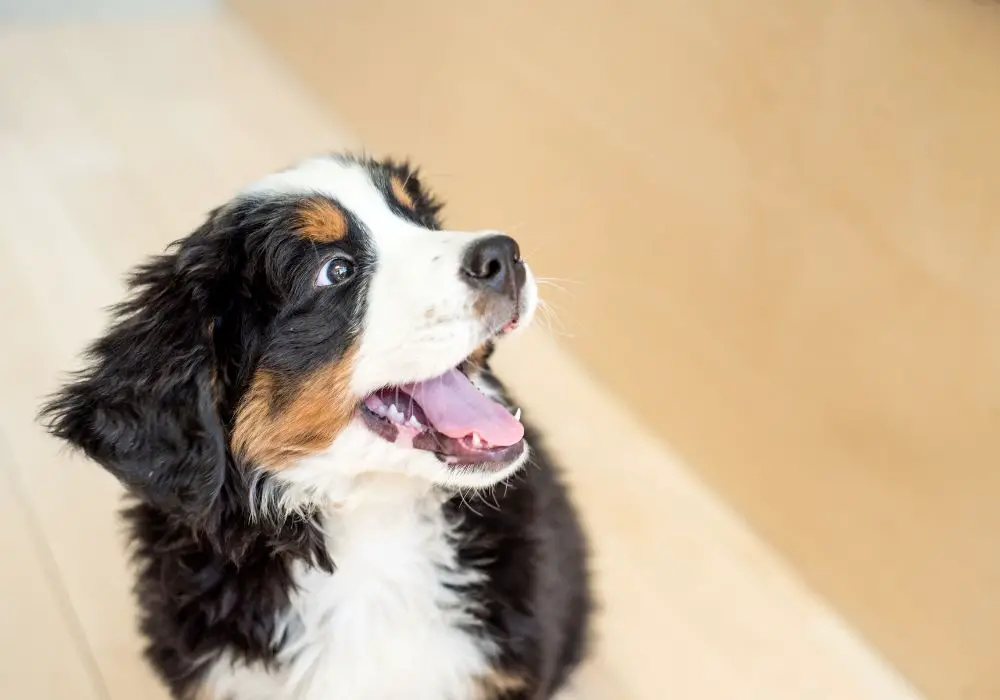
Some male dogs have learned that chomping their jaws gets them attention from other members of the household. The strange clacking sound draws human focus. Dogs who snap their jaws out of boredom, lack of stimulation, or desire for play may discover their antics elicit concern, interest, or affection.
Since the attention rewards the behavior, the male dog repeats the jaw snapping trick anytime they want to engage with the owners. It becomes an ingrained attention-seeking device. This cause is most plausible for male dogs that seem otherwise relaxed, content, and unstressed.
Dental Discomfort
Male dogs that suddenly develop a teeth chomping habit may be responding to pain from their teeth or gums. Dental issues like fractured teeth, gum infection, or trapped debris can make gnashing the jaws together uncomfortable. The chomping may be their attempt to stretch the jaw muscles and relieve some of the painful pressure.
Tartar buildup, inflamed gums, and deteriorating tooth surfaces are common sources of dental discomfort in dogs. Fly biting behavior that arises abruptly in adulthood may signal it’s time for a veterinary dental exam. Treating any oral health issues can often stop teeth chomping behaviors related to this cause.
Excitement/Anticipation
Some dogs start rapidly clacking their jaws in contexts of heightened emotion, such as when anticipating a reward or interacting with a favorite person. The mouth motions help release some of the pent up neurochemicals linked with excitement.
Dogs who snap their jaws when food is being prepared or when their leash comes out are displaying this form of eager anticipation. It’s a joyful expression reflecting the dog’s zest for life. As long as bites don’t follow, such playful jaw snapping is usually nothing to curtail.
Habit
Over time, some male dogs form entrenched habitual patterns around jaw snapping. They self-soothe using the motions without even realizing it. The behavior becomes an unconscious obsessive-compulsive disorder. These dogs snap their jaws during periods of calmness or rest out of sheer habit.
Even if the original trigger for the fly biting has long resolved, the automatic nature keeps the motions going indefinitely. It reflects the maladaptive programming of the dog’s brain. Re-training habits through distraction and positive reinforcement can help decrease reflexive fly biting over time.
When Teeth Chomping is Problematic
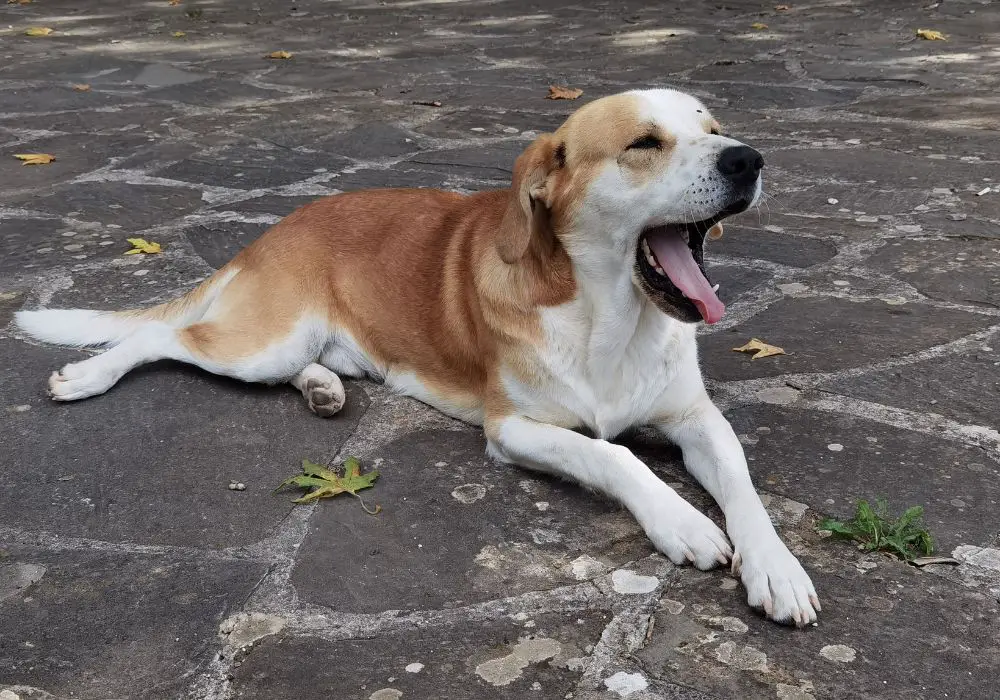
For the most part, the incidence of male dogs snapping their jaws is completely normal canine behavior. As long as no aggression or injury results, owners need not worry. However, in some instances, excessive or problematic jaw chomping may suggest an underlying issue requiring veterinary attention:
- Fly biting that seems abnormally frequent, forceful, or obsessive
- Any signs of pain, neurological issues, or other health concerns while jaw snapping
- Damage occurring to the dog’s teeth, gums, tongue or cheeks from snapping
- Sudden onset of the behavior in an adult dog with previously normal behaviors
- Snapping paired with possessive behavior around food/toys or aggression towards humans or other pets
- Excessive snapping and licking at the air as if reacting to unseen stimuli
Dogs exhibiting any of these issues along with fly biting should receive a full veterinary workup. Medical problems causing displacement behaviors or neurologic dysfunction may need treatment. Anti-anxiety medications can be prescribed in extreme cases. Most importantly, risks like tooth fractures and tongue laceration should be immediately addressed.
Curbing Excessive Teeth Chomping
For male dogs that snap their jaws excessively due to stress or anxiety, behavioral adjustment can help reduce the frequency. Useful strategies include:
- Providing adequate physical and mental stimulation through walks, play, training etc.
- Making the home environment as relaxing as possible through calming music/pheromones
- Crate training or confining the dog when left alone to prevent anxious buildup
- Teaching settle and relaxation skills through positive reinforcement training
- Scheduling regular daily exercise to dissipate nervous energy
- Using anti-anxiety supplements if recommended by your vet
- Identifying and modifying triggers that evoke the jaw snapping response
Additionally, neutering male dogs is commonly recommended to decrease testosterone-fueled dominance displays, territorial behaviors, and mating urges. This hormonal influence may drive excess jaw snapping. Discuss the pros/cons of this approach with your vet.
The Bottom Line
Snapping the jaws repetitively is quite normal among male dogs. But if it becomes problematic or paired with other concerning symptoms, veterinary guidance is advisable. With patience and consistent positive training methods, dogs can learn alternate ways to channel their impulses and energies. Your dog’s quality of life will improve as excessive fly biting behaviors are minimized.
Frequently Asked Questions
Q: Why does my male dog make a clicking sound with his mouth?
A: Male dogs often make a rapid teeth clicking/chattering sound by opening and closing their jaws. This “fly biting” releases scents to mark territory and convey dominance. It can also soothe stress or pain, seek attention, or reflect excitement.
Q: Is it normal for a male dog to snap at the air?
A: Snapping at the air is a common type of fly biting in male dogs. Usually it serves to display dominance, communicate with scent markings, or manage anxiety. As long as no aggression occurs, it is generally normal behavior, especially in unneutered males.
Q: Should I be worried if my dog gnashes his teeth frequently?
A: Occasional teeth gnashing is usually not problematic in dogs. But excessive, forceful gnashing could signal an underlying issue like dental pain, neurological problems, or anxiety/stress. Contact your vet if tooth gnashing seems abnormal or concerning.
Q: How do I stop my dog from obsessively making chewing motions?
A: For obsessive jaw motions, rule out dental pain and neurological issues first. Then use stimuli enrichment, anxiety reduction tactics, training, and neutering if recommended. This can help diminish obsessive chewing/snapping over time.
Q: What does it mean if my male dog snaps his jaw while wagging his tail?
A: When a male dog snaps his jaw while wagging, it likely signals excitement and anticipation, not aggression. The jaw snapping reflects sensory overload from a stimulating situation. As long as his body language stays friendly, this behavior is not concerning.

